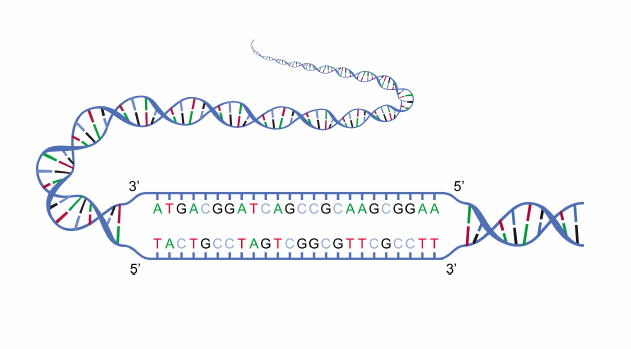UC Berkeley Requesting DNA Samples from Incoming Students
First universities started using RFID chips to track students’ attendance. Now they want their DNA. The University of California-Berkeley, that...

First universities started using RFID chips to track students’ attendance. Now they want their DNA. The University of California-Berkeley, that bastion of hippiedom and experimentation, is replacing its summer reading list with a call for incoming students to voluntarily provide DNA samples.
New freshmen will be given cotton swabs with which to dab their cheeks. They’ll be collected and anonymously analyzed, showing the students’ ability to tolerate alcohol, absorb folic acid and metabolize lactose, according to USA Today. Students can log in to a Web site to check their results, using an anonymous bar code that comes with the cotton swabs.
The idea is to inform students if they should eat more salad, for instance, or limit their milk or alcohol intake.
Jasper Rine, a professor of genetics, genomics, and development who will perform the testing, said the goal is not to identify potentially dangerous genes, but to point out traits that can be managed through behavior, USA Today reports. The university will host a Web site with related genetics reading material, and students will be able to attend lectures and special panel discussions about ethics in genomics.
Which is interesting, because last year, Berkeley scientists themselves warned of the potential dangers of using take-home DNA kits to trace ancestry or individual medical risks. The tests can be misleading and lead to problems, including skewed ethnic data or misdirected medical decisions, UC researchers said.
So why are they testing incoming students’ genes? In the Berkeley tradition, the university’s answer is, “Why not?”
The university’s dean of biological sciences says a look at personalized medicine made sense — it’s just a research tool now, but in the coming years it will become everyday medical practice, he said.
“You won’t see this anywhere else in higher education,” dean Mark Schlissel told a San Francisco Bay Area TV station.